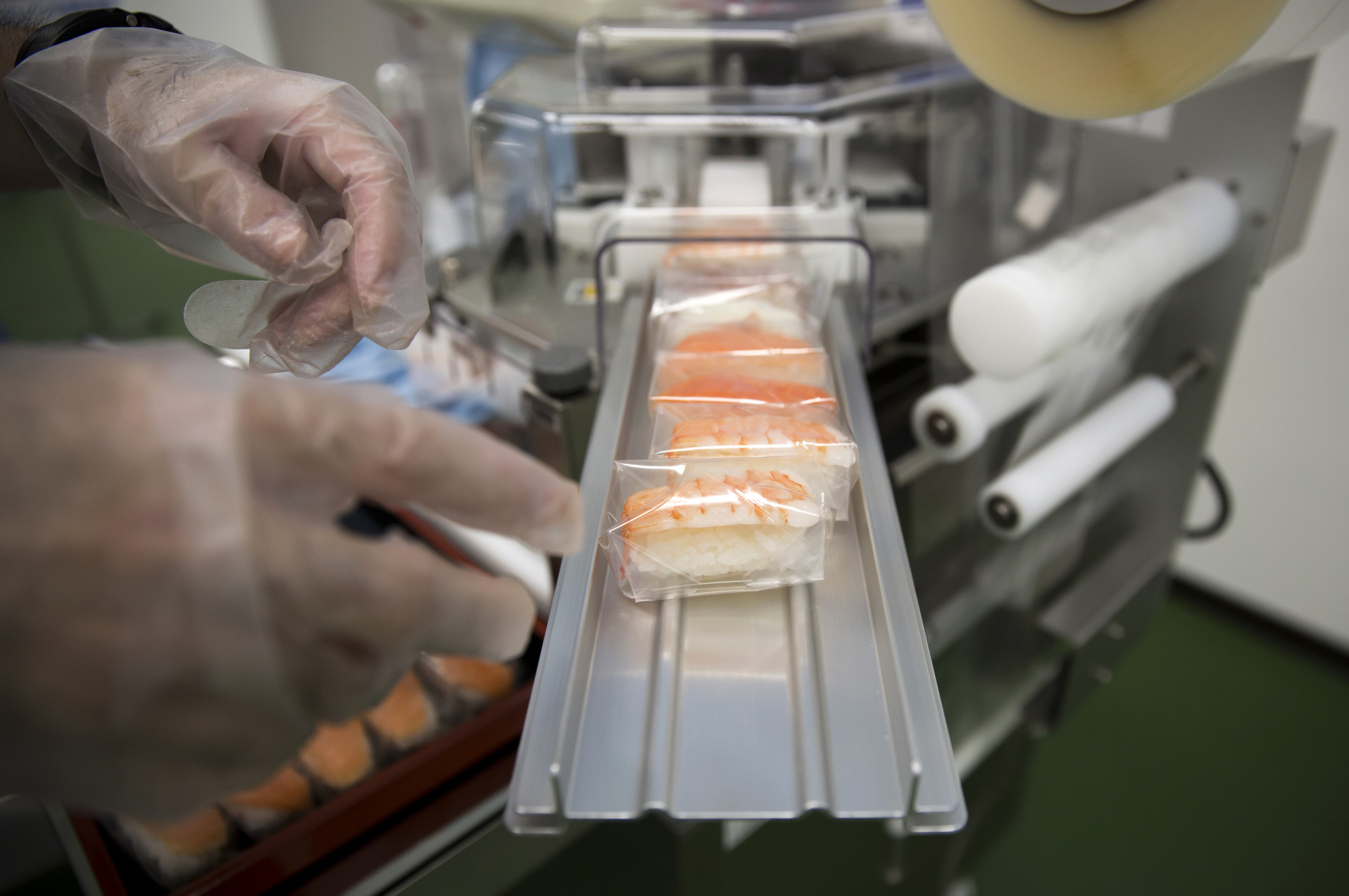Kisaku Suzuki, creator of the world's first sushi robot, once ran a company that made candy-wrapping machines. And he was angry.
Why had the Japanese government embarked on a policy to limit rice production, effectively paying some farmers to keep their paddy fields idle? For Suzuki, rice was the sacred heart of the country's economy. He started to think about how to make the staple food more popular, so that Japan had no reason to restrict the crop.
And that's when it came to him: He would use his firm's knowledge of candy-packaging machines to develop the robot. The idea, while off-the-wall in the mid-1970s, had a simple premise. If he could lower the cost of making sushi by mechanizing parts of the process and reducing the need for highly paid chefs, he could bring the previously elite dish to the masses, and in doing so increase demand for rice.


















With your current subscription plan you can comment on stories. However, before writing your first comment, please create a display name in the Profile section of your subscriber account page.